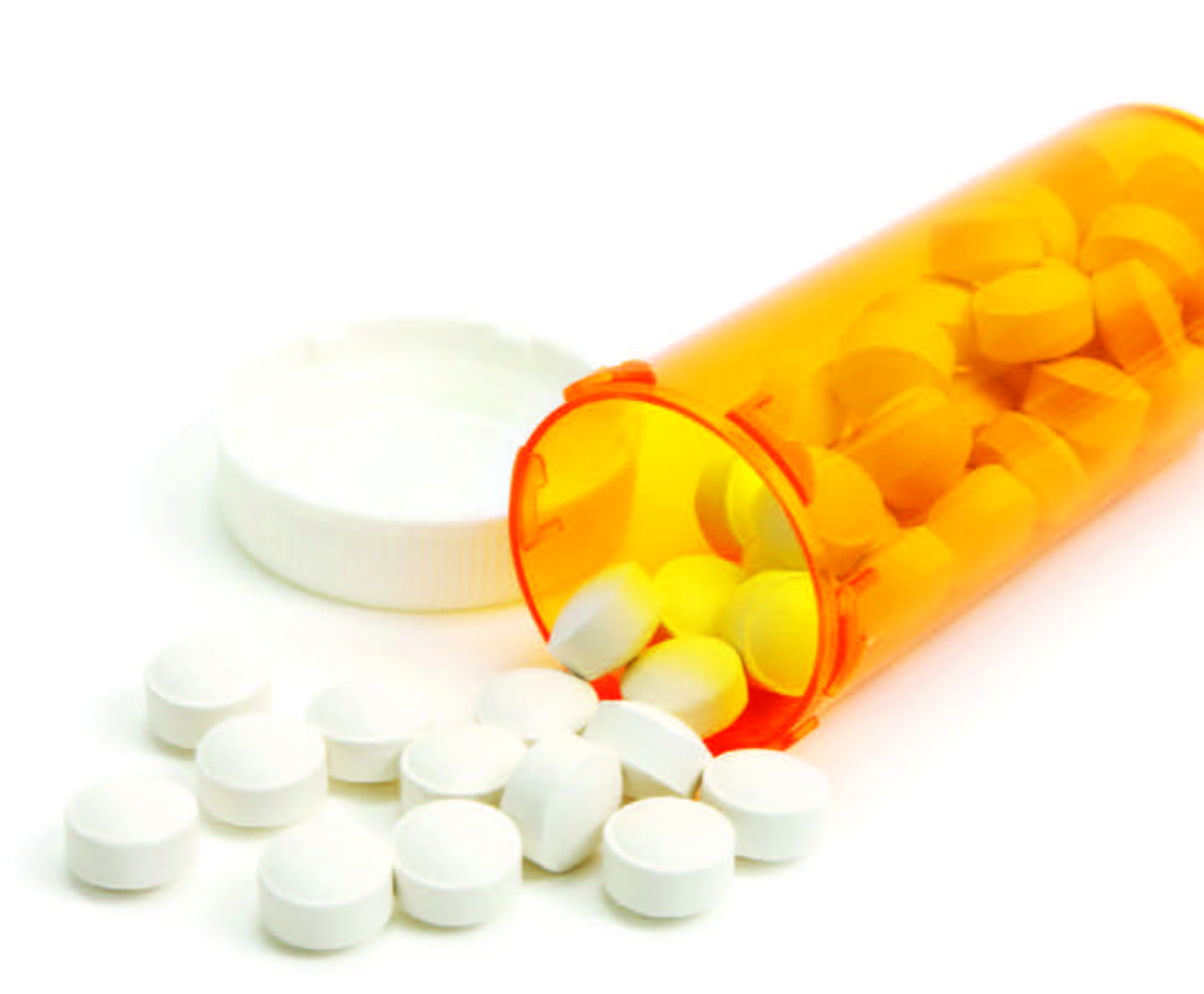Mounting evidence continues to indicate that adults and children suffering with sinus infection will not be helped by taking an antibiotic.
In fact, a recent study from Washington University shows that antibiotics typically prescribed for sinus infections do not reduce symptoms any better or help patients recover any faster than a placebo, or sugar pill. Most people get better on their own.
“We think that antibiotics are overused in the primary-care setting,” says Jane Garbutt, MD, a Washington University clinical investigator. “There is a movement afoot, led by the Centers for Disease Control and Prevention, to try to improve the judicious use of antibiotics. We hope this study provides the scientific evidence doctors can use to explain to their patients that an antibiotic is not likely to help an acute sinus infection.”
Garbutt and her colleagues say that it is important to know whether antibiotics are effective for sinus infections because they are so frequently prescribed for that purpose and because bacterial resistance to antibiotics is rising.
 In practice, instead of giving antibiotics such as amoxicillin, research suggests a combination of treating the symptoms—pain, cough and congestion—and watchful waiting to see whether further treatment is necessary is the best approach.
In practice, instead of giving antibiotics such as amoxicillin, research suggests a combination of treating the symptoms—pain, cough and congestion—and watchful waiting to see whether further treatment is necessary is the best approach.
Garbutt’s study, published in the Journal of the American Medical Association, included 166 adults whose symptoms fit the criteria for acute sinus infection recommended by an expert panel convened by the Centers for Disease Control and Prevention. To participate, patients’ symptoms had to be classified as moderate, severe or very severe. Specifically, they had to report pain or tenderness in the face and sinuses, and infected nasal discharge that lasted between seven and 28 days that was not improving. Patients with chronic sinus infections, serious complications from the condition or a simultaneous ear or chest infection that might require antibiotic treatment were not included in the study.
Participants were recruited at their primary-care physicians’ offices in St. Louis and were randomly assigned to receive a 10-day course of either amoxicillin or a placebo. All patients also got medications for relieving pain, fever, congestion and cough. Researchers assessed patients’ symptoms at the start of treatment and then three, seven, 10 and 28 days afterward. At each time point, patients answered a questionnaire assessing quality-of-life measurements related to the disease. The study also compared recurrence of symptoms and the number of days missed from work.
At day three, there was no difference between the antibiotic and placebo groups in any of these measures. At day seven, the study revealed a small improvement in the antibiotic group’s questionnaire scores. However, Garbutt says this small change was unlikely to represent a noticeable relief from symptoms.
Furthermore, this modest statistical improvement disappeared by day 10, when about 80 percent of patients in both groups reported their symptoms were very much improved or cured. They also found no difference between the antibiotic and placebo groups in the amount of over-the-counter medications patients used to alleviate pain, fever, congestion and cough.
“It’s a nasty disease,” Garbutt says. “People have significant symptoms. They feel miserable and miss time from work. If an antibiotic is not going to be of any benefit, then what is? That’s a question we haven’t answered yet. But we are working on it.”
Garbutt says upcoming studies will examine whether nasal irrigation with saline solution, such as that used with a neti pot, will help alleviate symptoms and clear the infection more quickly.
Prevention & Treatment
A few lifestyle changes may help prevent sinus infections or ease symptoms.
Wash Hands - Sinus infections often follow the common cold. Reducing the risk of upper respiratory tract infections may help prevent colds and their progression to sinus infections.
Drink Fluids - Fluids can thin mucous and help the sinuses drain.
Get Plenty of Sleep - A well-rested body is better able to fight infection.
Sleep With Head Elevated - This position can help with sinus drainage.
Use a Humidifier - Moist air can also help thin mucous. Keep the humidifier clean and mold free.
Rinse Out Nasal Passages - This home remedy may help clear sinus congestion. Use water that is sterile, distilled, boiled first then cooled, or filtered (pore size 1 micron or smaller). Whether using a squeeze bottle, bulb syringe or neti pot, clean and air dry it between uses.